

 Sflow
Sflow





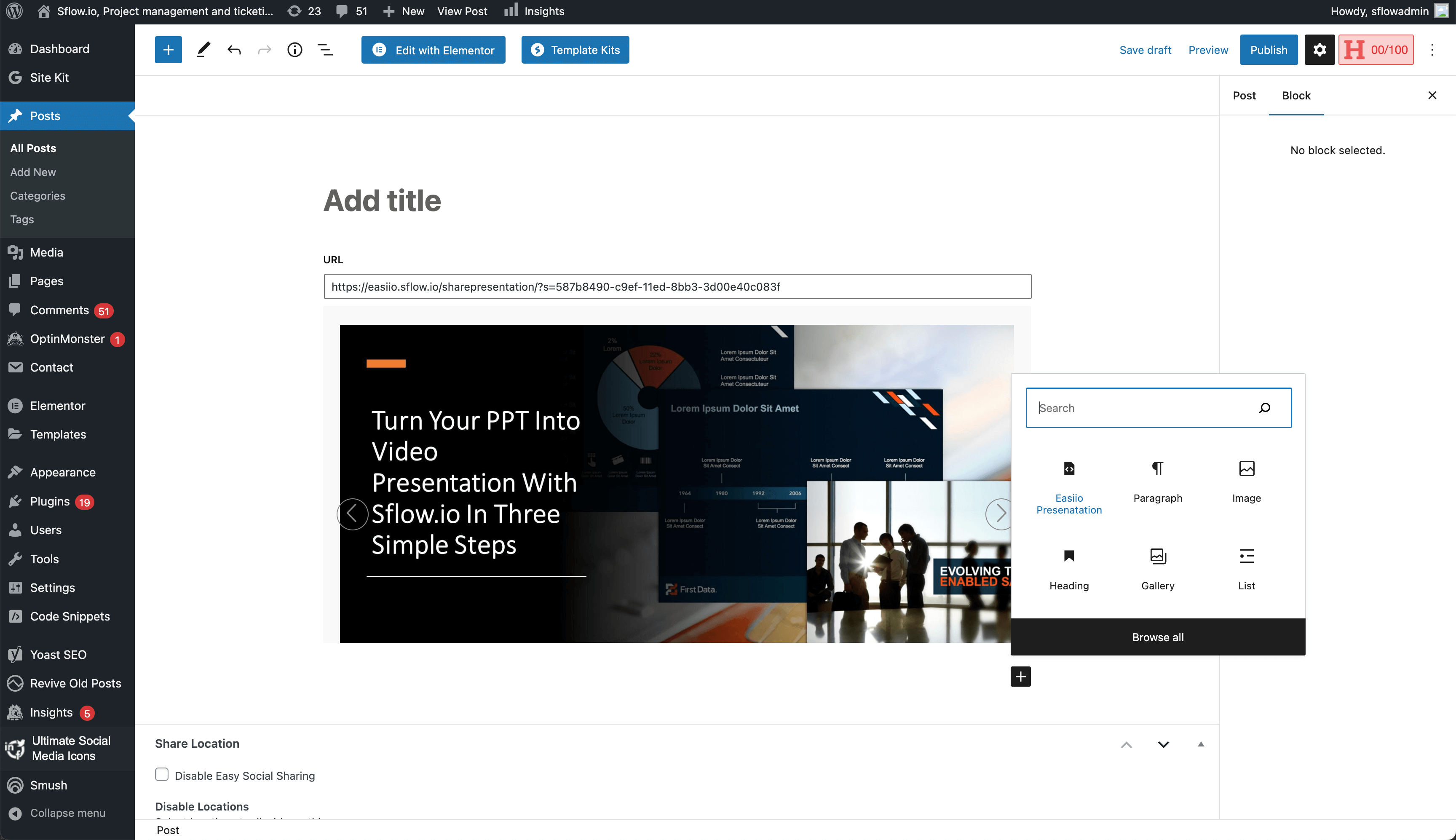
WordPress Plugin
The sFlow Video Presentation WordPress Plugin lets you embed video presentations effortlessly on your WordPress website or blog, without worrying about compatibility issues.You can do a search on WordPress Plugin. It's easy to use and integrates smoothly with WordPress, making it perfect for business owners, educators, or anyone who wants to add engaging video content to their website.
 Sflow
Sflow








WordPress Plugin
The sFlow Video Presentation WordPress Plugin lets you embed video presentations effortlessly on your WordPress website or blog, without worrying about compatibility issues.You can do a search on WordPress Plugin. It's easy to use and integrates smoothly with WordPress, making it perfect for business owners, educators, or anyone who wants to add engaging video content to their website.


Risk management in project management is the process of identifying, assessing, and mitigating potential risks that could impact the successful completion of a project. This involves analyzing potential threats and opportunities, developing strategies to address them, and monitoring and controlling risks throughout the project lifecycle. By proactively managing risks, project managers can minimize the likelihood of negative impacts on project objectives and increase the chances of project success. Ultimately, risk management helps ensure that projects are completed on time, within budget, and with the desired quality.
Risk management in project management is essential because it helps identify, assess, and mitigate potential risks that could impact the successful completion of a project. By proactively addressing risks, project managers can minimize the likelihood of negative outcomes such as cost overruns, delays, or quality issues. Effective risk management also allows for better decision-making and resource allocation, ultimately increasing the chances of project success. In summary, risk management in project management is crucial for ensuring project objectives are met on time, within budget, and with high quality.


Risk management plays a crucial role in project management by identifying, assessing, and mitigating potential risks that could impact the successful completion of a project. Some common use cases of risk management in project management include identifying potential risks early in the project lifecycle to develop effective mitigation strategies, ensuring project timelines and budgets are met by proactively addressing risks that may cause delays or cost overruns, and enhancing stakeholder confidence by demonstrating a proactive approach to managing uncertainties. By effectively managing risks, project managers can increase the likelihood of project success and minimize the negative impacts of unforeseen events.

Leverage the power of agile methodologies and AI tools to enhance team collaboration and project success.

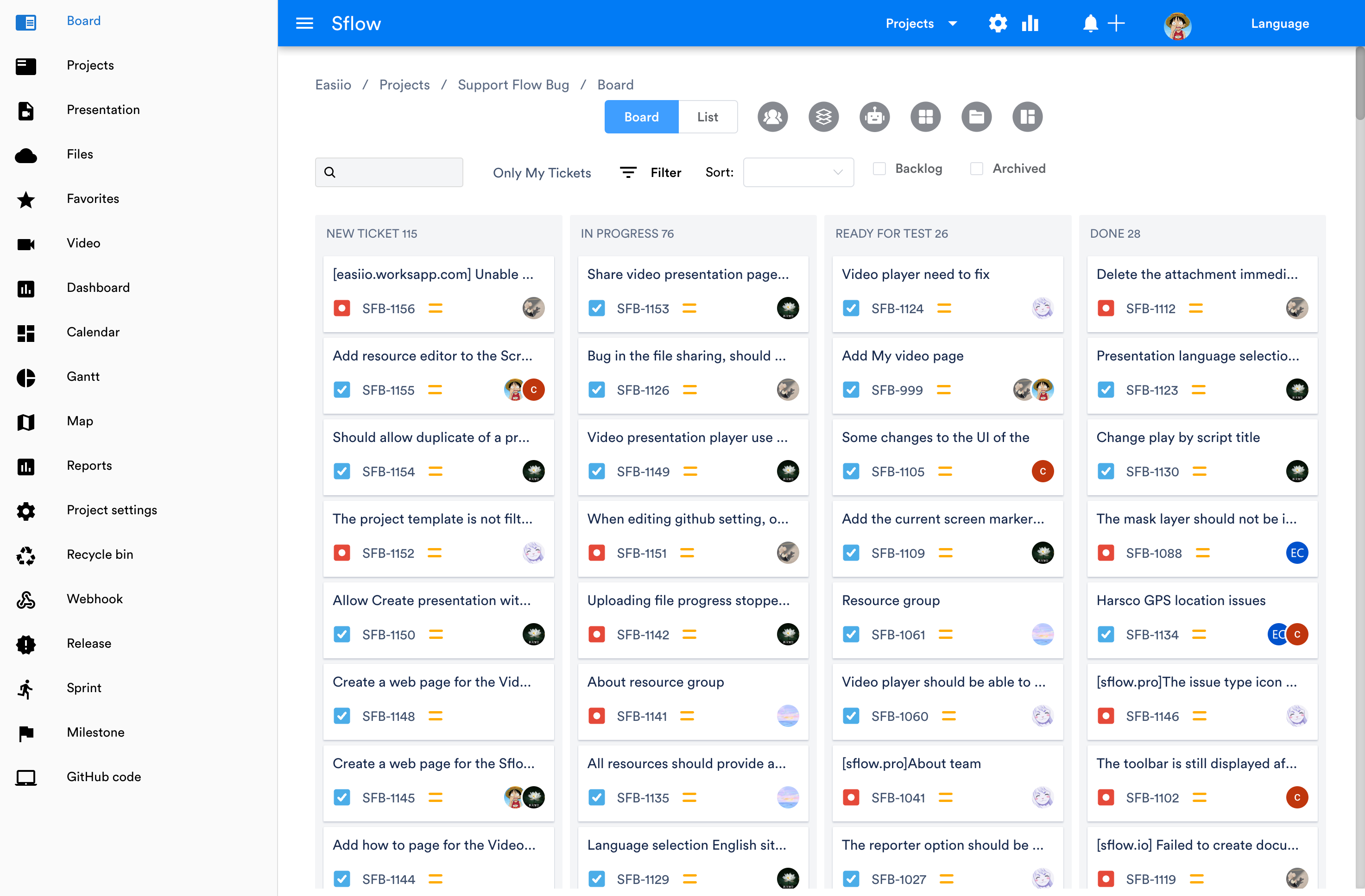

01. Kanban view
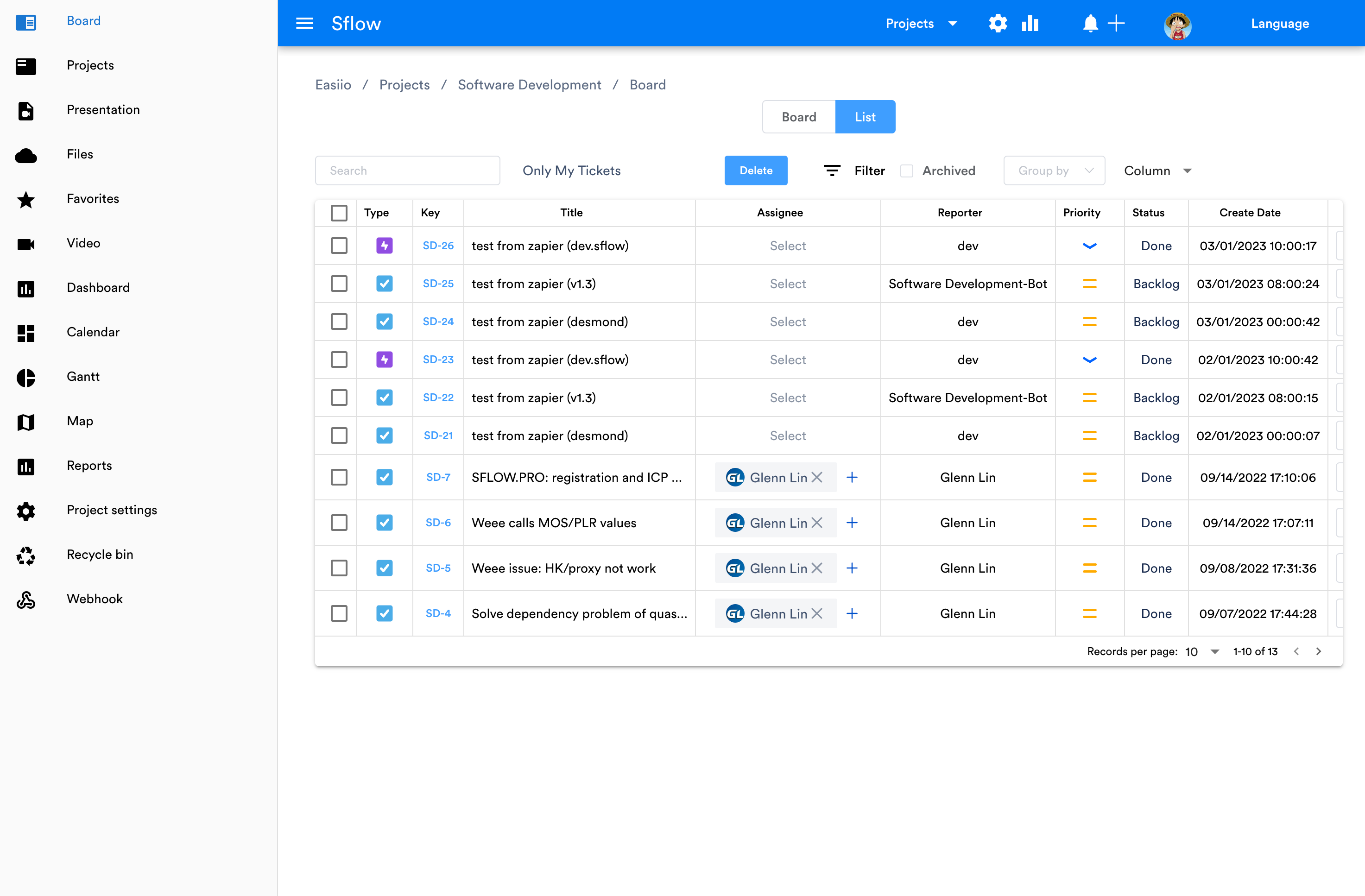
02. List view
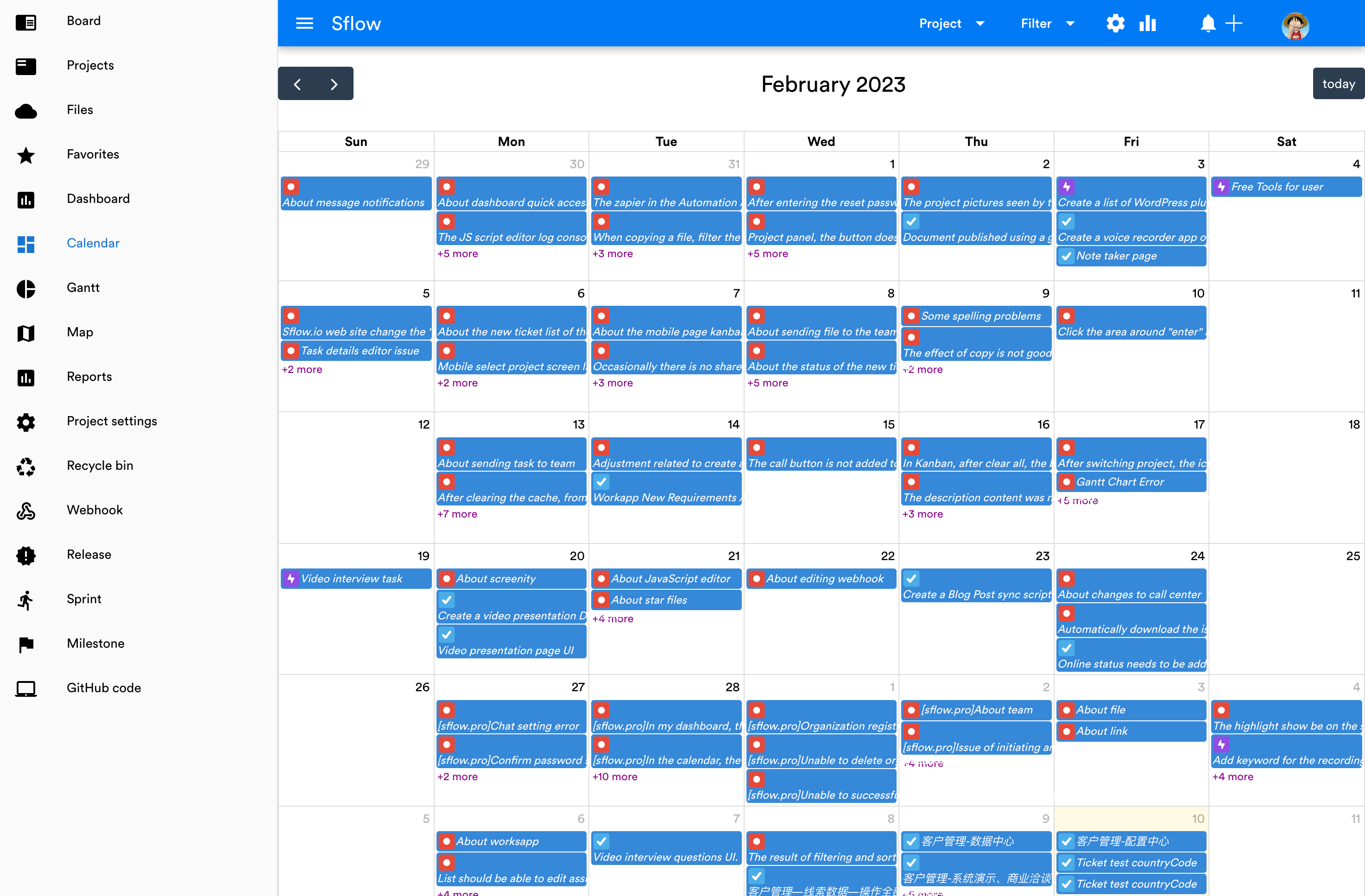
03. Calendar view
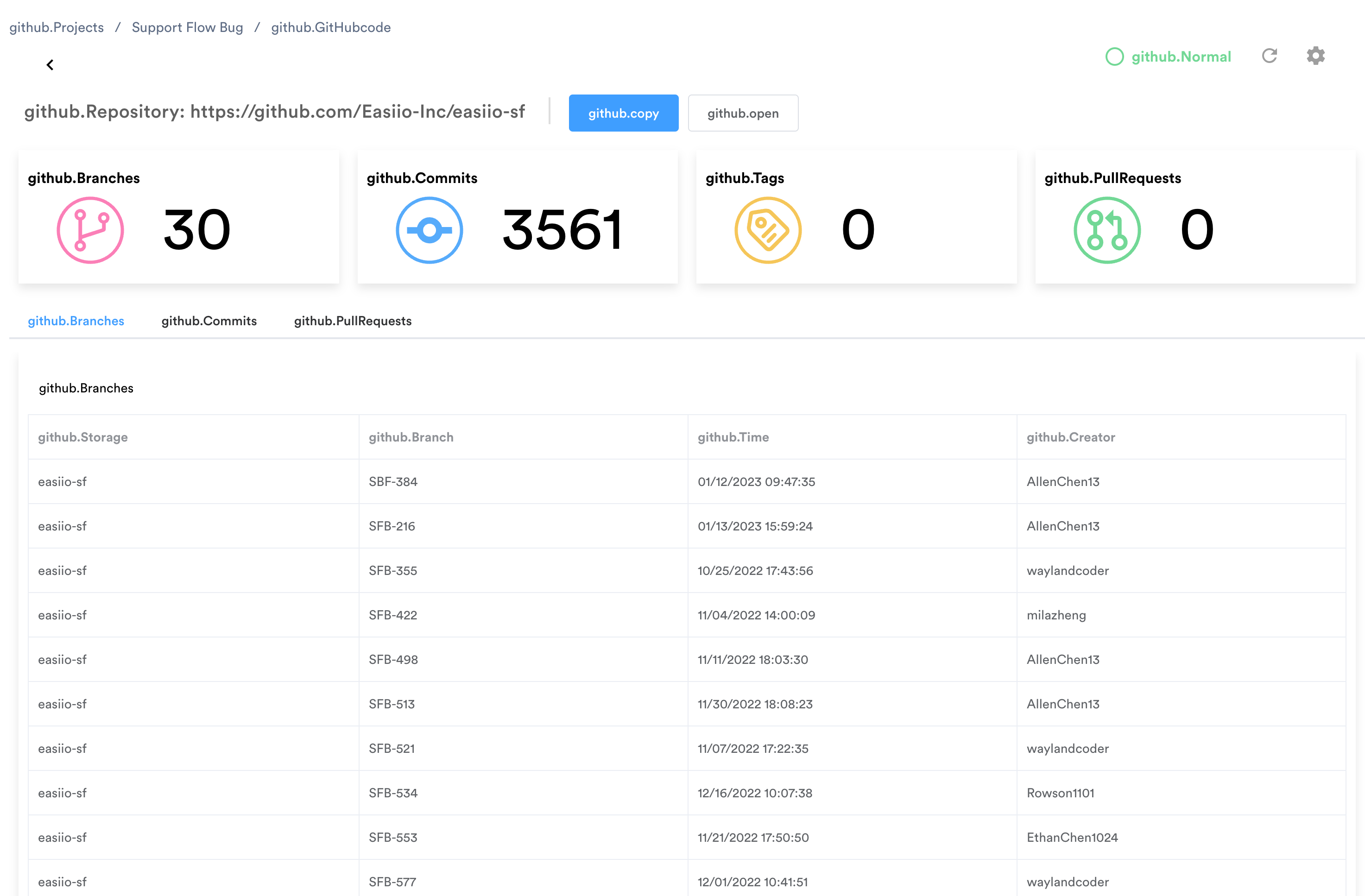
04. Github integration
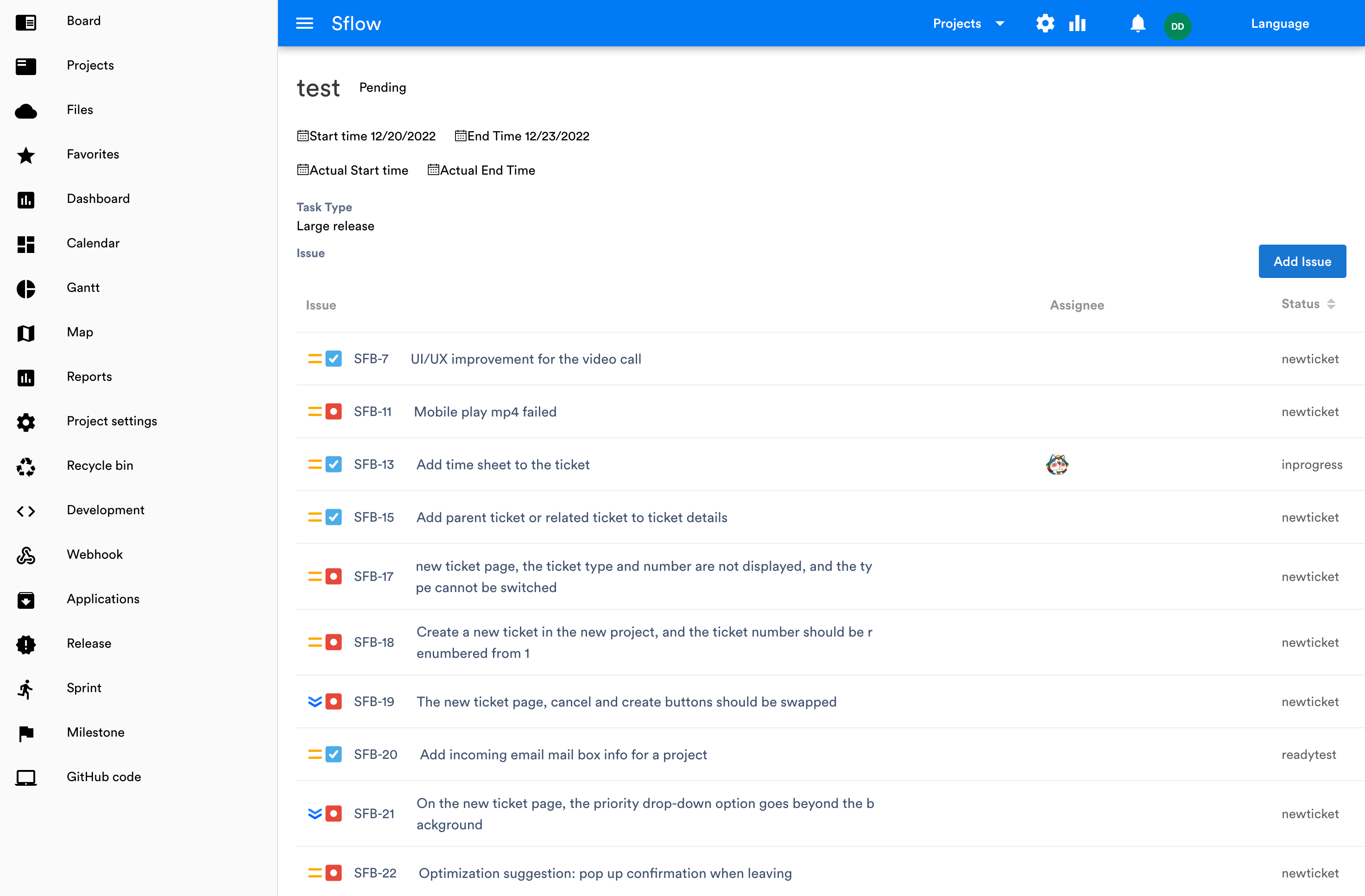
05. Sprint
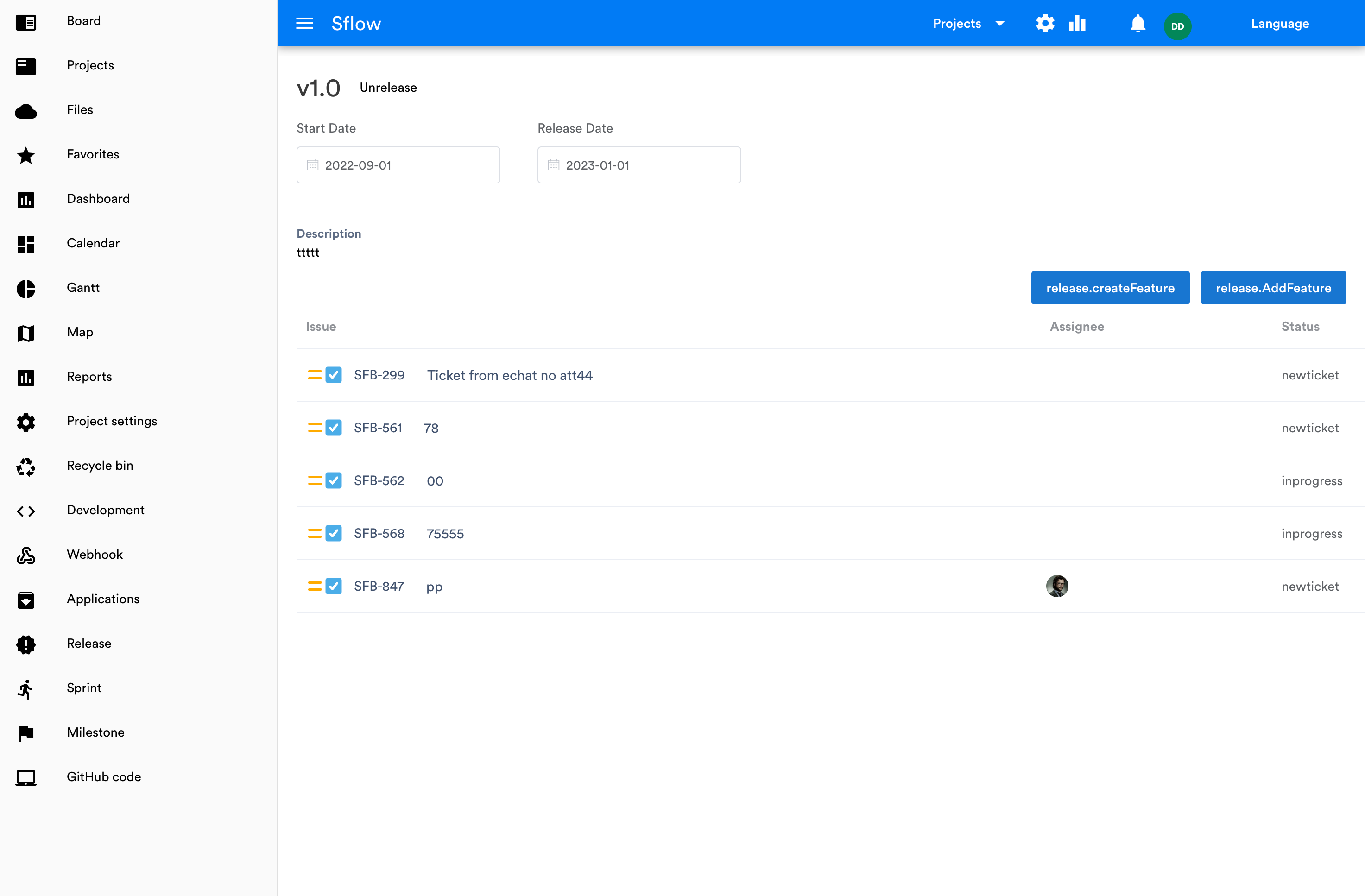
06. Release
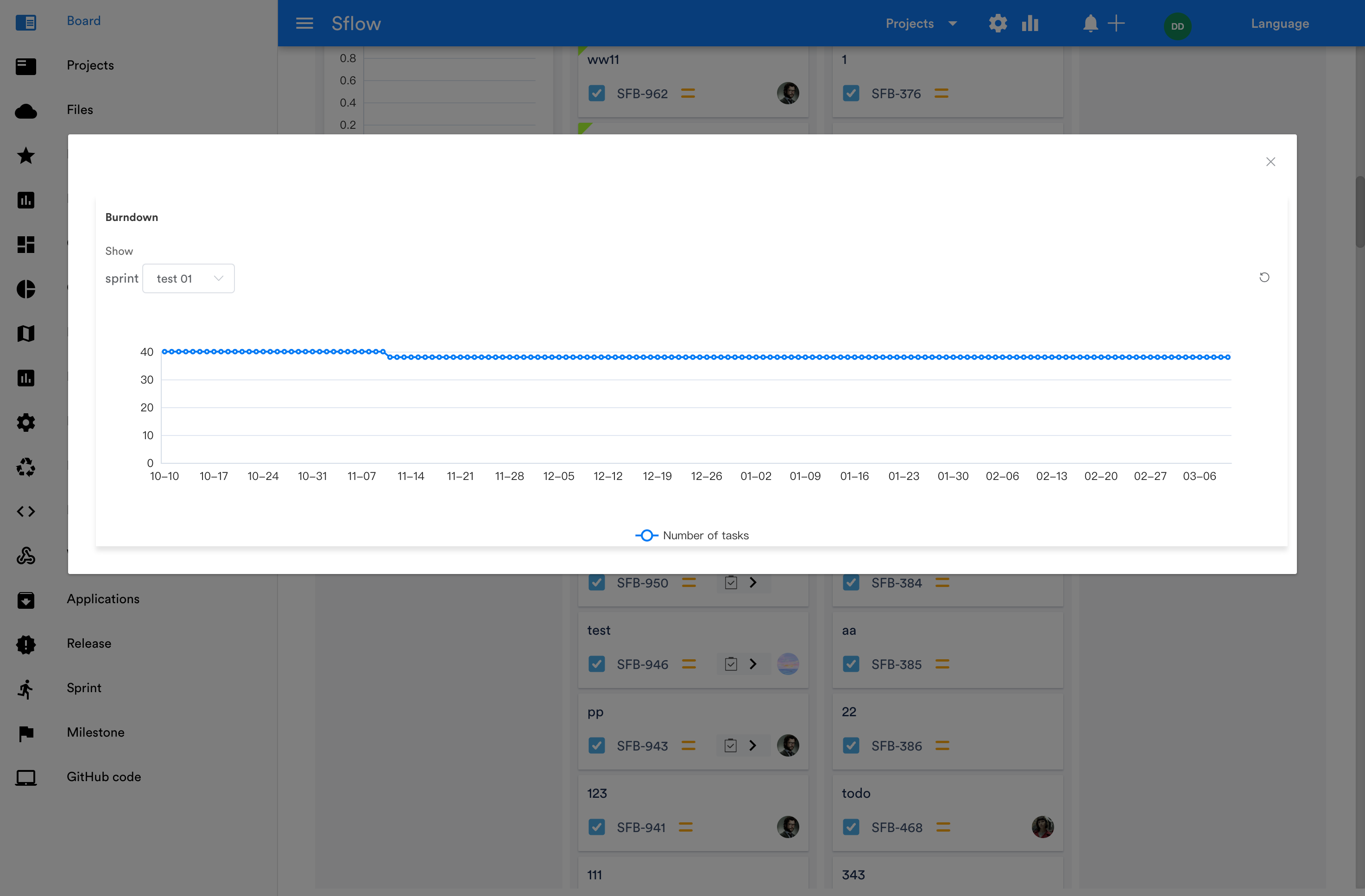
07. Burn down chart
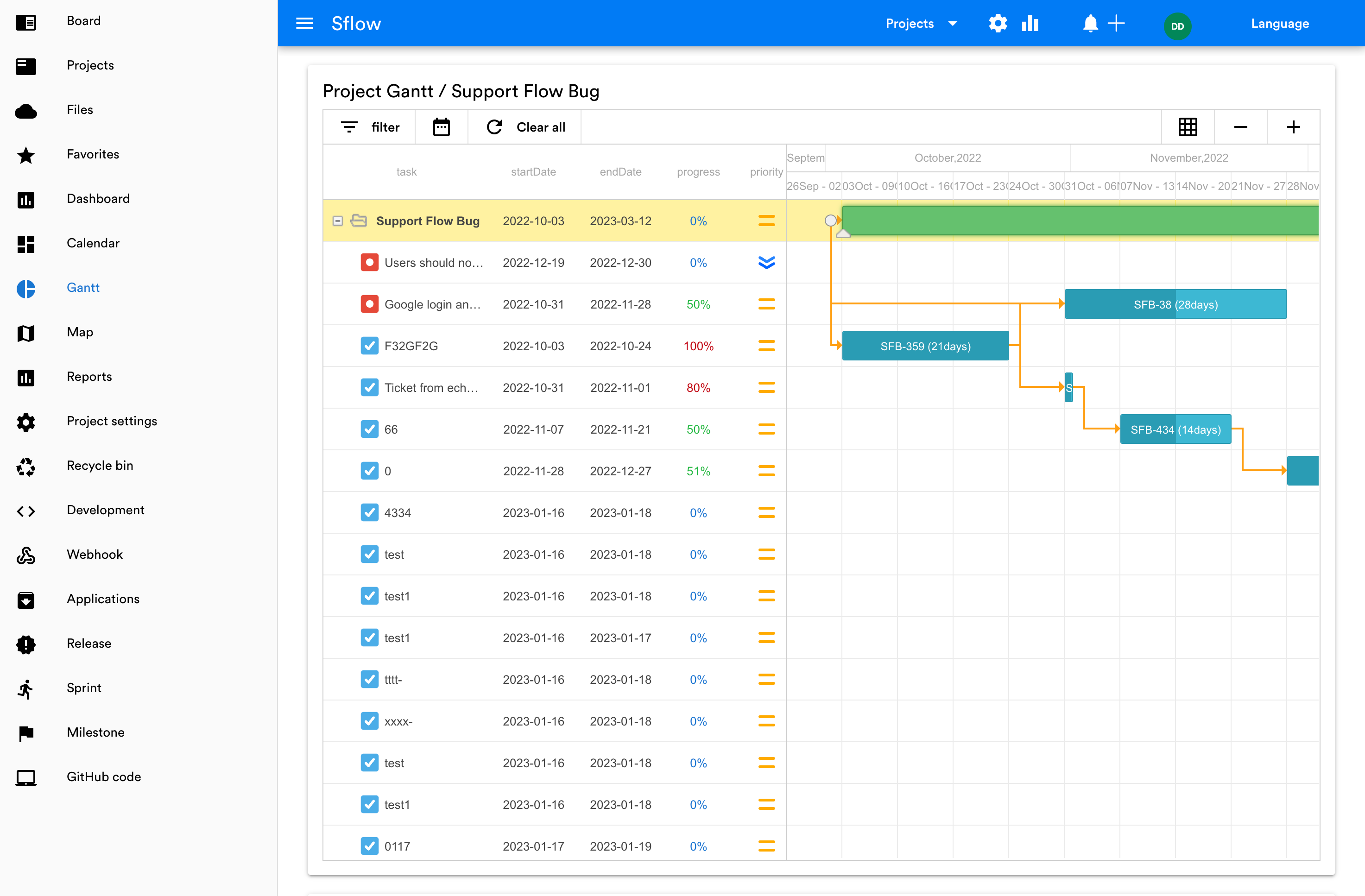
08. Gantt chart

Agile methodologies are widely used in software development for iterative progress and continuous improvement.

Agile project management helps in planning and executing marketing campaigns with flexibility and adaptability.

Agile facilitates rapid prototyping and iterative feedback in product development.

Agile methodologies ensure efficient and adaptable event planning and execution.Agile methodologies ensure efficient and adaptable event planning and execution.

Agile tools improve team communication and collaboration, leading to better project outcomes.

Agile methods allow for quick adjustments based on feedback and changing requirements.

Agile tools streamline workflows and reduce bottlenecks, enhancing overall team productivity.

Continuous testing and feedback in Agile ensure higher quality deliverables.

Agile reduces waste and focuses on delivering value, leading to cost savings.

Agile methodologies encourage regular project reviews and updates, increasing team transparency regarding project progress and goals.

InnovateTech Solutions Chief Product Officer

BrightWave MarketingCampaign Strategy Director

Precision Manufacturing Group Project Management Director
By using Your Website Name,
you agree to our Cookie Policy.